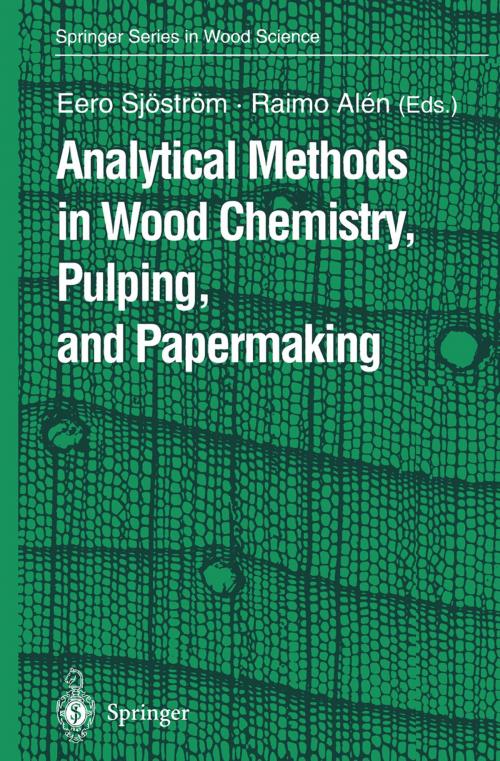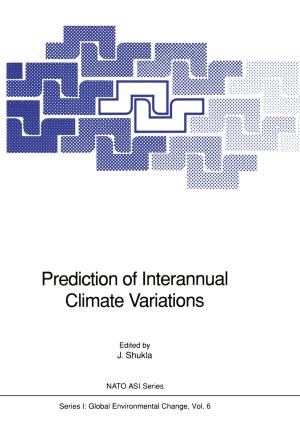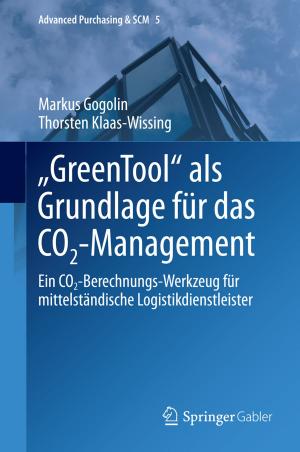Analytical Methods in Wood Chemistry, Pulping, and Papermaking
Nonfiction, Science & Nature, Science, Chemistry, Technical & Industrial, Technology, Material Science| Author: | ISBN: | 9783662038987 | |
| Publisher: | Springer Berlin Heidelberg | Publication: | March 9, 2013 |
| Imprint: | Springer | Language: | English |
| Author: | |
| ISBN: | 9783662038987 |
| Publisher: | Springer Berlin Heidelberg |
| Publication: | March 9, 2013 |
| Imprint: | Springer |
| Language: | English |
In its broadest sense, and according to the traditional conception, wood chemistry is a comprehensive discipline, ranging from fundamental studies to practical applications. The manifold constituents, located in different morphological regions in the wood, results in an extreme complexity of wood chemistry. Ever more sophisticated endeavors needing fundamental studies and advanced analytical methods are necessary in order to delve deeper into various problems in pulping and papermaking. Gradually, new, improved ana lytical methods, originally developed for research purposes, are currently replacing many of the old "routine" methods in practical applications. Because of the expanse of the subject, an attempt to write a book of this size about analytical methods seems, perhaps, too ambitious. Of course, a whole book series of several volumes would be necessary to cover this topic completely. However, there is undoubtedly a need for a more condensed presentation which does not go into experimental details, but is limited to the basic principles of the analytical methods and illustrates their applica tions. The emphasis is on more advanced and potential methods, and partic ularly on those based on different types of spectroscopy and chromatography.
In its broadest sense, and according to the traditional conception, wood chemistry is a comprehensive discipline, ranging from fundamental studies to practical applications. The manifold constituents, located in different morphological regions in the wood, results in an extreme complexity of wood chemistry. Ever more sophisticated endeavors needing fundamental studies and advanced analytical methods are necessary in order to delve deeper into various problems in pulping and papermaking. Gradually, new, improved ana lytical methods, originally developed for research purposes, are currently replacing many of the old "routine" methods in practical applications. Because of the expanse of the subject, an attempt to write a book of this size about analytical methods seems, perhaps, too ambitious. Of course, a whole book series of several volumes would be necessary to cover this topic completely. However, there is undoubtedly a need for a more condensed presentation which does not go into experimental details, but is limited to the basic principles of the analytical methods and illustrates their applica tions. The emphasis is on more advanced and potential methods, and partic ularly on those based on different types of spectroscopy and chromatography.















